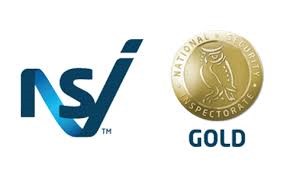To outsiders, the security industry licensing system can at first look like a blizzard of baffling acronyms.
SIA Security Licensing. If you’re thinking of engaging a security firm, it’s important to know that they’re properly licensed, and that they’ve been professionally audited. So let’s look at what those acronyms mean.
SIA and ACS
The Security Industry Authority (SIA) is the public body that regulates the sector. The key way in which they manage this, is by running the Approved Contractor Scheme (ACS). The ACS sets service delivery and management standards for the security industry. Approved Contractors have to show that their standards, work processes and management demonstrate best practice. The ACS standards cross-reference to mainstream quality standards such as ISO9001, so the highest-performing security companies will have achieved both.
Other performance standards Procurement managers are looking increasingly closely, not just at the main contractor bidding for a contract, but at the whole supply chain of sub-contractors and suppliers. For many sectors such as healthcare, construction, energy and public services, this will mean that they expect the security company being employed by a main contractor, to have the same high standards as the contractor.
One of the key areas of interest will be the security company’s environmental credentials. The best-performing companies will hold ISO 14001 – Environmental Management System.
Clients can’t outsource their responsibilities for health and safety, so it’s important that any security firm can demonstrate its commitment to safe working practices. The Contractors Health And Safety Assessment Scheme (CHAS) is a good indicator, as is membership of the Safe Contractor Scheme.
There’s also a new health and safety scheme for companies that are registered on Constructionline. This is the resource pool of pre-vetted businesses, much used by the public sector. A good security company should have its own listing on Constructionline,



